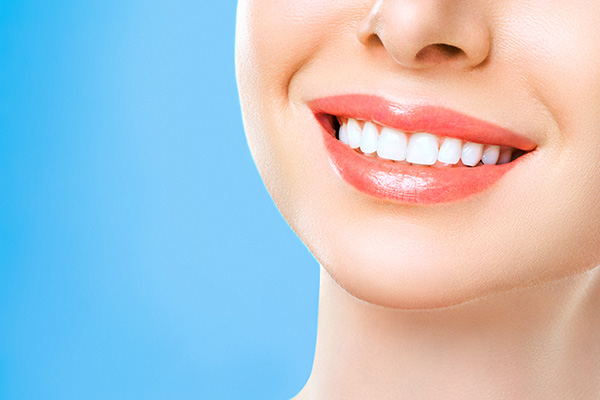 In general dentistry, it is important to maintain good oral health at home. Part of this practice is to make sure you choose teeth-friendly drinks. These drinks can quench your thirst and keep your teeth cavity-free as well. If you want to know what teeth-friendly drinks you should get, here are the details.
In general dentistry, it is important to maintain good oral health at home. Part of this practice is to make sure you choose teeth-friendly drinks. These drinks can quench your thirst and keep your teeth cavity-free as well. If you want to know what teeth-friendly drinks you should get, here are the details.
White and green tea
Several varieties of tea are available in many cultures and countries. But not all of them are healthy for teeth. The most optimal types of tea for dental health are white and green tea. These two types of tea, along with black tea, are rich in antioxidants. Black tea is not ideal for teeth because its dark color can stain teeth. White and green teas do not stain teeth at all.
White tea provides fluoride as well. It helps strengthen the enamel. Tea drinkers must be mindful of how much sugar or honey is in their tea. The sweet element of the drink can deteriorate the teeth.
General dentistry stresses the importance of polyphenols in dental health. This compound can fight bacteria. Tea contains polyphenols. It is ideal to take tea plain or with sugar-free sweeteners.
Milk
This delicious and creamy drink contains phosphorous and calcium. These nutrients help repair and strengthen the enamel. It contains vitamin D, which can help the body absorb phosphorous and calcium much better. General dentistry clinics encourage patients to drink milk. The casein in milk can fight tooth decay. It forms a protective film around the enamel.
The natural sugars in milk will not harm the teeth as long as the person drinks water or brushes right away. That is why babies should not have milk bottles while they sleep. The teeth soak in milk. This will lead to tooth decay or bottle rot.
Plain water
Water helps fight cavities. It helps clean the mouth whenever people drink it. Every drink of water flushes out food particles, acids, and sugars. It also stimulates the production of saliva. This clear fluid buffers the acids from bacteria in the mouth. The saliva production also prevents dry mouth.
General dentistry is aware of areas with fluoridated water. Fluoride is a natural element capable of strengthening the enamel. Drinking fluoridated water can help coat the teeth with fluoride. It can also help fight bacteria and cavity formation.
Sugar-free products and sugar substitutes
These products taste and look like regular refined sugar. Artificially sweetened drinks are appealing to the taste yet do not feed the acid-producing bacteria in the mouth. Mannitol, isomalt, erythritol, and sorbitol are some examples of sugar substitutes. Commercial ones are sucralose, aspartame, saccharin, and neotame. Drinks with xylitol help prevent the formation of cavities.
Some drinks with the label “sugar-free” do not contain refined sugar. Yet, these products may have molasses, rice syrup, or honey. These sweeteners have the same calorie content as sugar. They may harm teeth as well. Look for drinks with “-ose” at the end of the ingredient like fructose or sucrose. General dentistry established these as natural sweeteners incapable of harming teeth.
General dentistry encourages patients to drink teeth-friendly beverages
Teeth and gums need care even while you refresh yourself with a drink. The liquid touching and entering your mouth must not corrode the enamel at all. Choosing the right ones can prevent many dental problems over time. An appointment with your general dentistry provider can help pick more teeth-friendly drinks.
Request an appointment or call Southern Cal Smiles: Susan Fredericks, D.D.S, M.P.H. at 818-657-8055 for an appointment in our Woodland Hills office.
Related Posts
General dentistry helps prevent, diagnose, and treat a wide range of dental issues, like tooth decay and gum disease. General dentists are the most common types of dentists, and they spend most of their time performing preventative treatments.Many patients have oral health questions for general dentists. Here are the answers to the most frequently asked…
General dentistry focuses on preventative treatments that help keep your teeth and gums healthy. Brushing and flossing are the foundations of preventative dentistry, and the type of toothpaste that you use can make your brushing sessions even more effective.With so many different types of toothpaste to choose from, figuring out what type works best can…
When you think of general dentistry, you may first think of teeth cleanings, examinations, and fluoride treatments. While these are typical services at the dentist’s office, treatments for more serious issues are common too. If you have a damaged tooth, you may be in pain and may be prone to getting infections or cavities. The…


